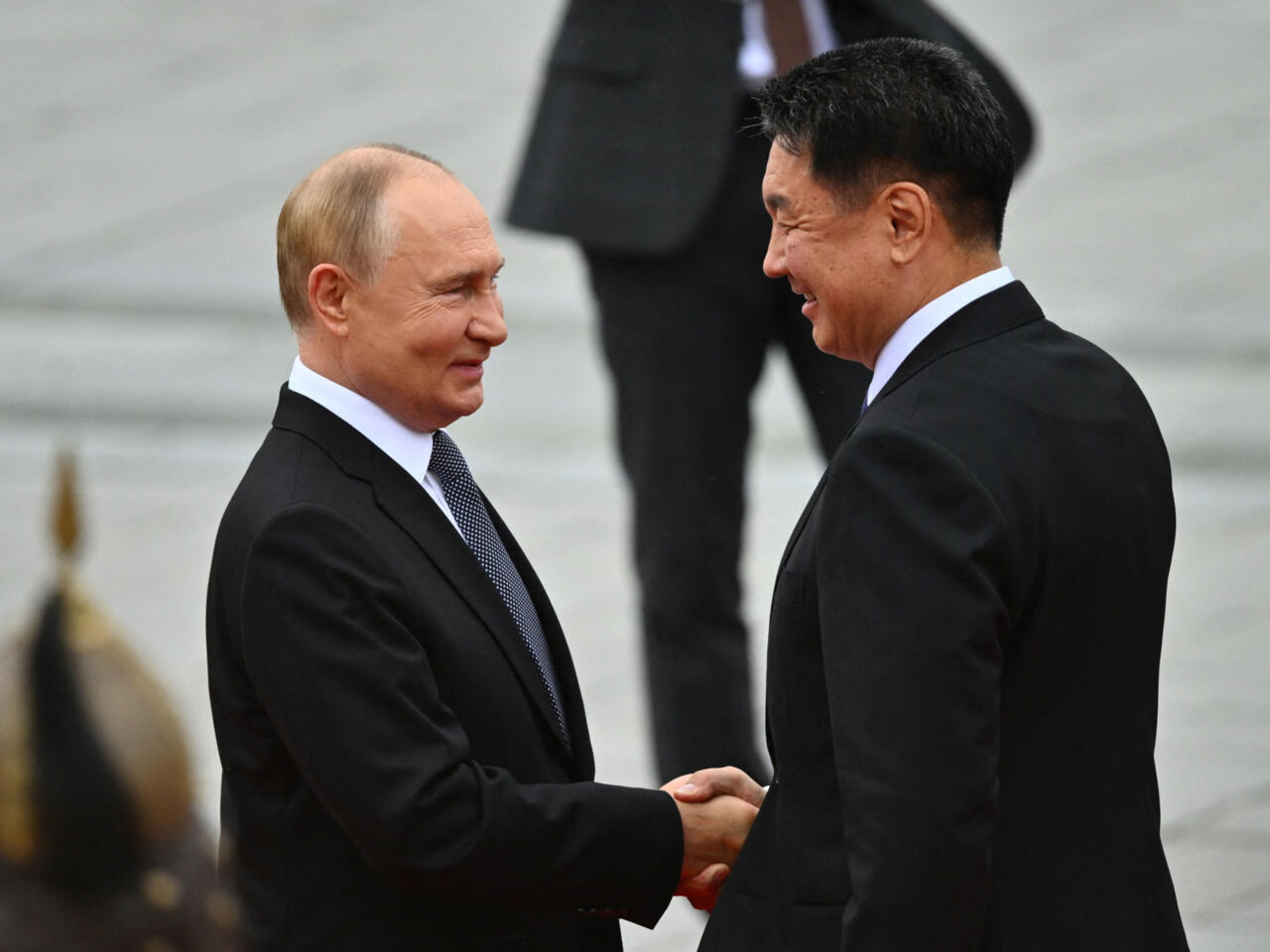On September 2, 2024, Russian President Vladimir Putin visited Mongolia on an official visit. This visit sparked criticism as Mongolia, as a State Party to the Rome Statute, should have executed the International Criminal Court’s (ICC) order for his arrest. The lack of action by Mongolia has outraged the international community, and Ukraine’s Ministry of Foreign Affairs spokesperson Georgiy Tihyy stated that this incident undermines the system of international criminal law.
Mongolia’s Duty under the Rome Statute
The Rome Statute, to which Mongolia is a signatory, obliges State Parties to cooperate with the ICC in arresting individuals accused of the most serious international crimes. According to Article 86 of the statute, Mongolia was supposed to arrest Putin despite his presidential status, as the ICC recognizes the Court’s jurisdiction regardless of the suspect’s position or nationality. This decision supports the Court’s position on the rights and obligations of the international community in prosecuting war criminals to maintain the international legal system.
Referral of the Case to the Assembly of State Parties
Due to Mongolia’s refusal to fulfill its obligations, the ICC referred the case to the Assembly of State Parties, which oversees the Court’s activities. The Assembly consists of representatives from all countries that have signed the Rome Statute. This decision underscores the seriousness of the situation, as a lack of cooperation with the ICC can undermine trust in the body tasked with combating international criminality.
Impact on Mongolia
Refusing to arrest Putin could have serious consequences for Mongolia.
- Firstly, this calls into question its international reputation as a supporter of the rule of law and obligations under the Rome Statute. States parties and international organizations may reconsider their cooperation with Mongolia, especially in the context of international law and order. Such a step could distance the country from allies who support the global legal system.
- Secondly, the incident could increase Mongolia’s dependence on Russia. Refusal to arrest the Russian president could signal Mongolia’s weakness against Moscow’s influence, weakening its position in international politics. This has been a signal to other countries that Mongolia is willing to compromise its own international obligations in exchange for support from RF.
Importance of Upholding International Rule of Law
The international criminal law system is designed to combat the most serious crimes that violate the fundamental norms of international law. Mongolia’s failure to fulfill its obligations to the ICC could set a precedent where other countries start ignoring the Court’s demands, undermining the entire international rule of law system.


